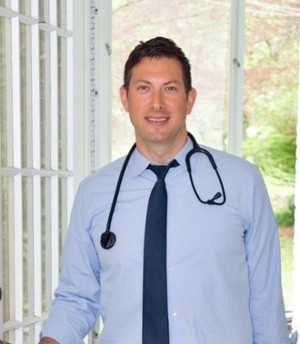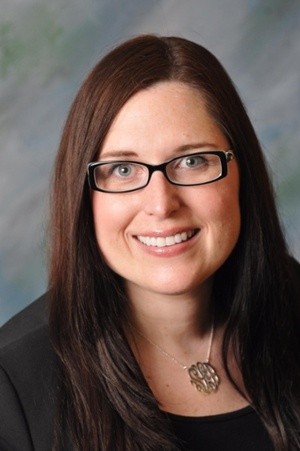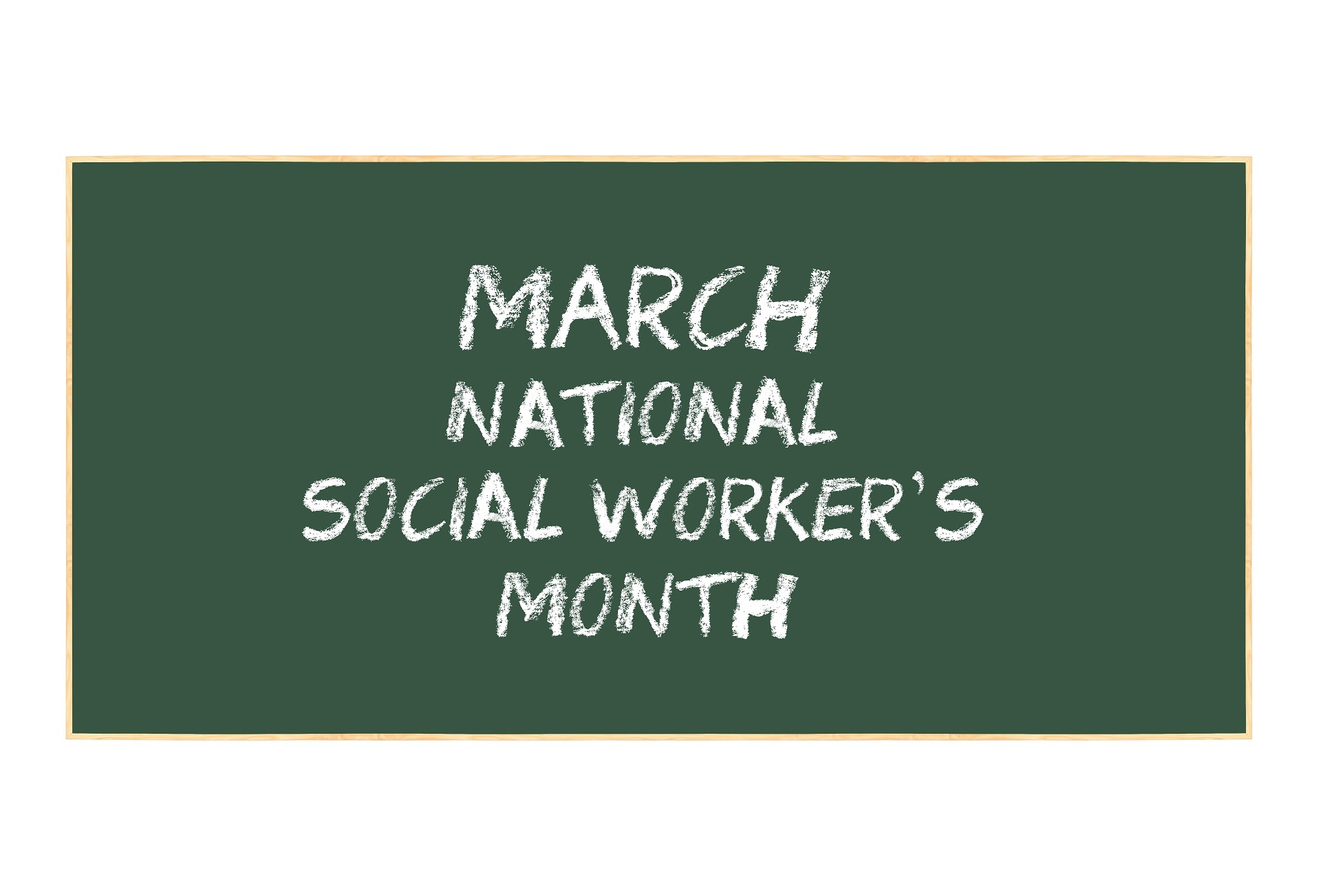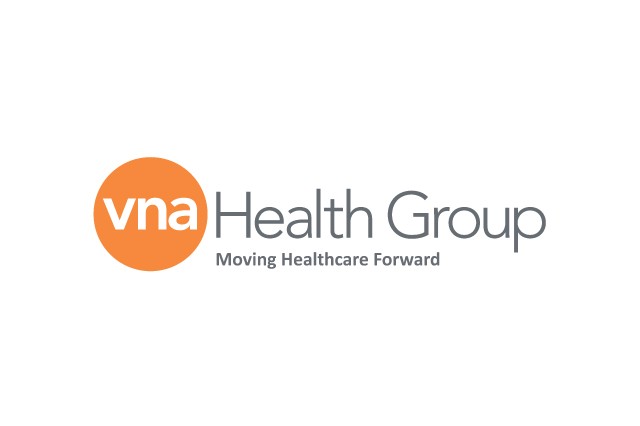The Doctor is in…. Your Home!
Q & A with the Doctors of VNA’s Visiting Physician Services
It is a scene reminiscent of a Norman Rockwell painting: a doctor toting a black bag knocks at the front door of a patient’s home, while on the other side of the door, a frail grandmother waits for her visit. While you may think house calls are a pleasant service from the past, think again. VNA’s Visiting Physician Services division makes house calls to over 3,200 patients throughout New Jersey. Their mission is simple: to enable patients to stay at home as they age and focus on the patients’ quality of life by providing convenient in-home medical care while at the same time reducing hospitalizations and overall healthcare costs.
Dr. Evan Rubin and Dr. Sara Leonard are among the seven physicians on staff with Visiting Physician Services (VPS). They join the growing number of doctors helping to revive the custom of house calls. We took some time to chat with both of them about why they decided to practice house call medicine and how it has impacted the patients they care for.
Meet Dr. Evan Rubin

Q: Why did you become a visiting physician?
A: Over the course of my 15-year career as a family physician, I’ve enjoyed treating a wide array of patients in both traditional medical office and urgent care settings. Being a house call doctor with VPS the past seven years has been especially rewarding, as I’m not only providing quality medical care to individuals who cannot leave their homes, but I get to know them on a more personal level in their own environment.
I’m able to spend time with the patient and family and have learned to respect their priorities and wishes; to know when to become aggressive with medicines and when to make the patient comfortable and to listen to their wishes. It’s not just about textbook medicine. When you are talking about this population that is at end-of-life care, you have to listen as their priorities change.
Q: What types of patients do you see?
A: The majority of our patients are elderly and suffer from multiple chronic diseases such as heart failure, diabetes, hypertension, dementia and COPD. We also treat adult patients with multiple sclerosis, ALS and muscular dystrophy. Our patients are essentially homebound, in that it would require a “significant or taxing effort to leave the home” to receive medical care.
Q: How do you think house calls benefit patients and their families?
A: The biggest benefit is that patients can remain in the comfort of their home and receive quality and compassionate medical care. In addition, their hospital admissions and visits to the ER are greatly reduced. Patients also receive complete coordination of care, since we can arrange for in-home diagnostic testing such as bloodwork, X-rays and EKGs. Home visits also allow doctors to see a patient’s bigger picture by treating them in the context of their home environment. I learn a lot by looking in kitchen cupboards or the refrigerator. For families and caregivers, house calls help reduce the stress and anxiety of transporting a sick loved one to the doctor.
Q: What is your role as Medical Director?
A: As Medical Director of VPS, I provide guidance and leadership, overseeing the activities of VPS clinicians. I’m also responsible for medical protocol and strategic development, utilization review and quality assurance. As VPS continues to expand and grow, I help integrate the newer physicians into our unique system of healthcare, always stressing the importance of making sure that providing quality healthcare is in the forefront of what they do, and making sure that their patients’ wishes are heard.
The relationship with the patient is incredibly important in order to provide that quality healthcare. You never know what you are going to find behind each door. Every patient has their own story. It’s not just a diagnosis, it’s a life.
Meet Dr. Sara Leonard

Q: Why did you choose to studygeriatric medicine?
A: I chose geriatrics because it embodies all of the values of family medicine that mean the most to me, such as being able to take care of the whole patient, not just an organ system or disease process. I like that I am able to assist patients through all aspects of their medical care while always being mindful of the impact various treatments and procedures will have on their overall quality of life. I routinely engage in discussions with my patients that empower them to be active participants in their medical care rather than passive recipients.
Also, being able to see someone in their own environment truly enables me to provide better care. It offers insight into key social and environmental factors that may be missed in an office or clinic setting.
I joined VPS in 2016, as I felt their mission was perfectly aligned with my interest and passion for helping the elderly.
Q: Describe a typical day.
A: No two days are the same, and every visit is unique. I typically see six to eight patients in a day. My first visit might
be a new patient in Toms River, where I can easily spend 45 minutes obtaining a full medical history, reviewing medications, performing a physical exam, assessing memory and cognition, and performing a safety check for fall hazards. My next visit might be a follow-up for a patient in Manchester who had an exacerbation of her COPD. Between visits, I may find myself providing strategies for dealing with dementia-related behavioral issues to a patient’s daughter via telephone. As I visit with my patients, I listen to stories about their grandchildren or life experiences. We are often seen as extended family. From time to time, I’m struck by the realization that for certain patients, I may be the only person visiting them that month.
As Assistant Medical Director of VPS, I look at ways to keep our VPS patients healthier and out of the hospitals as well as ways that we can improve the care we provide. I also provide education on the current geriatric guidelines and assist with the electronic health record in terms of training and efficient utilization.
Q: What are your biggest rewards and challenges?
A: I am fulfilled and encouraged by the reactions of my patients, who often tell me how very grateful they are that I take the time to not only visit them in their homes, but to also truly listen to them and provide thorough explanations to ensure they understand their health issues and treatment plans. Knowing I am making this kind of impact with my patients is unbelievably rewarding.
With regard to challenges, there are the obvious challenges of driving long distances daily, in all types of weather and traffic situations, and seeing patients outside of a controlled office environment. There is also the greater challenge of making sure that house calls themselves remain a viable option for our frail elderly and homebound patients. We need to work hard to demonstrate the high value of what we do to Medicare and our legislators so that we can continue to be there for those who need us.
Q: Do you think house call medicine will continue to grow?
A: With people living longer and the aging population continuing to grow, I think the demand for house call physicians is going to grow as well. People want to stay in the comfort of their homes as they get older. Technology will also fuel this growth, as medicine has become very portable, with laptops, tablets, smartphones, mobile diagnostics and telehealth. From an economic perspective, house calls help minimize the need for ER visits, hospitalizations and excess utilization of unnecessary resources. This has a positive impact on overall healthcare expenditures, saving Medicare a significant amount of money.
I think house calls are the future of healthcare. For me, house calls enable me to practice medicine the way I always wanted to, and I love it.



